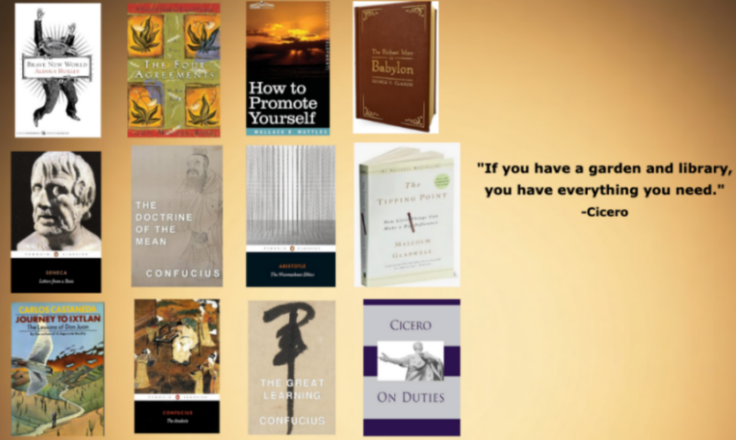Premeditatio Malorum: A negative visualization

One of the very few philosophies that has shaped me in profound ways is the ancient practice of "Premeditatio Malorum", which is over two thousand years old. So lets talk about it...
Life throws curveballs and it's a fact as undeniable as gravity. Things rarely unfold exactly as planned, it unfolds as it wills. But what if we could prepare for those unexpected events, not with the physical gear, but with the mental fortitude? In a world filled with uncertainties and challenges, the ancient philosophy of Stoicism offers a timeless wisdom that resonates even in the modern era. One of its fundamental principles, "Premeditatio Malorum," or the premeditation of evils, holds a profound significance in cultivating resilience, fortitude, and peace of mind.
Premeditatio malorum involves mentally rehearsing potential setbacks and misfortunes. By acknowledging these possibilities, we can build resilience and cultivate a calmer response when they actually occur. Seneca, the renowned Roman Stoic philosopher, emphasized the importance of preparing oneself mentally for adversity. He believed that by contemplating the worst-case scenarios, individuals could diminish the fear of potential hardships and strengthen their capacity to endure them. Seneca famously said, "We are more often frightened than hurt, and we suffer more in imagination than in reality." Right before his death in the "Moral Letters to Lucilius", Seneca writes:
"To-day it is you who threaten me with these terrors; but I have always threatened myself with them, and have prepared myself as a man to meet man's destiny. If an evil has been pondered beforehand, the blow is gentle when it comes. To the fool, however, and to him who trusts in fortune, each event as it arrives "comes in a new and sudden form," and a large part of evil, to the inexperienced, consists in its novelty. This is proved by the fact that men endure with greater courage, when they have once become accustomed to them, the things which they had at first regarded as hardships. Hence, the wise man accustoms himself to coming trouble, lightening by long reflection the evils which others lighten by long endurance."
Meditate on a situation where you have lost your nearest and dearest things and people and be prepared for this as this can happen at any time on your life. Well, this may sound harsh but by anticipating in this worst event, we lessen its impact when it happens in reality. We confront our fears and anxieties head-on, thereby empowering ourselves to face life's challenges with equanimity and resilience. True wisdom lay in embracing the inevitability of suffering and finding solace in the power of the human spirit to endure.
Another Stoic prominent figure Epictetus, echoed Seneca's sentiments. He believed that by mentally preparing for adversity, individuals could cultivate a sense of inner peace and tranquility that transcended external circumstances. Epictetus taught, "Don't hope that events will turn out the way you want, welcome events in whichever way they happen: this is the path to peace." Through the practice of acceptance and mental resilience, Epictetus advocated for a mindset of detachment from external outcomes, emphasizing instead the importance of focusing on what is within one's control—namely, one's thoughts, actions, and attitudes. By embracing the philosophy of premeditatio malorum, Epictetus believed that individuals could achieve a state of inner freedom and serenity amidst life's inevitable trials and tribulations.
While not a Stoic himself, the 19th Century philosopher and thinker, Nietzsche offered a thought-provoking perspective: "That which does not kill me, makes me stronger." Confronting challenges, even in our minds, can build strength and resilience.
This idea of negative visualization is something like a paradoxical pessimism. So how is this relevant in modern world? Well, contemplating the worst can lessen anxiety by making it less scary, by preparing mentally, we're less likely to be devastated by setbacks, rehearsing a difficult conversation may pacify the outcome of the real one, imagine getting prepared for the lay-offs that can happen in your job. The list goes on...
So, what if we prepare ourselves for the future, specially for the tougher times ahead? This is always going to help us in all ways possible. When the times are good, we should prepare ourselves for the tougher times ahead. This is the path to personal growth, resilience, and ultimately, inner peace. Premeditatio Malorum equips us to face life's uncertainties with greater mental fortitude. By acknowledging potential hardships, we build resilience and cultivate inner peace. So, take a moment today to consider the challenges that might lie ahead. You might be surprised at how empowered you feel.



Leave a Reply
You must be logged in to post a comment.